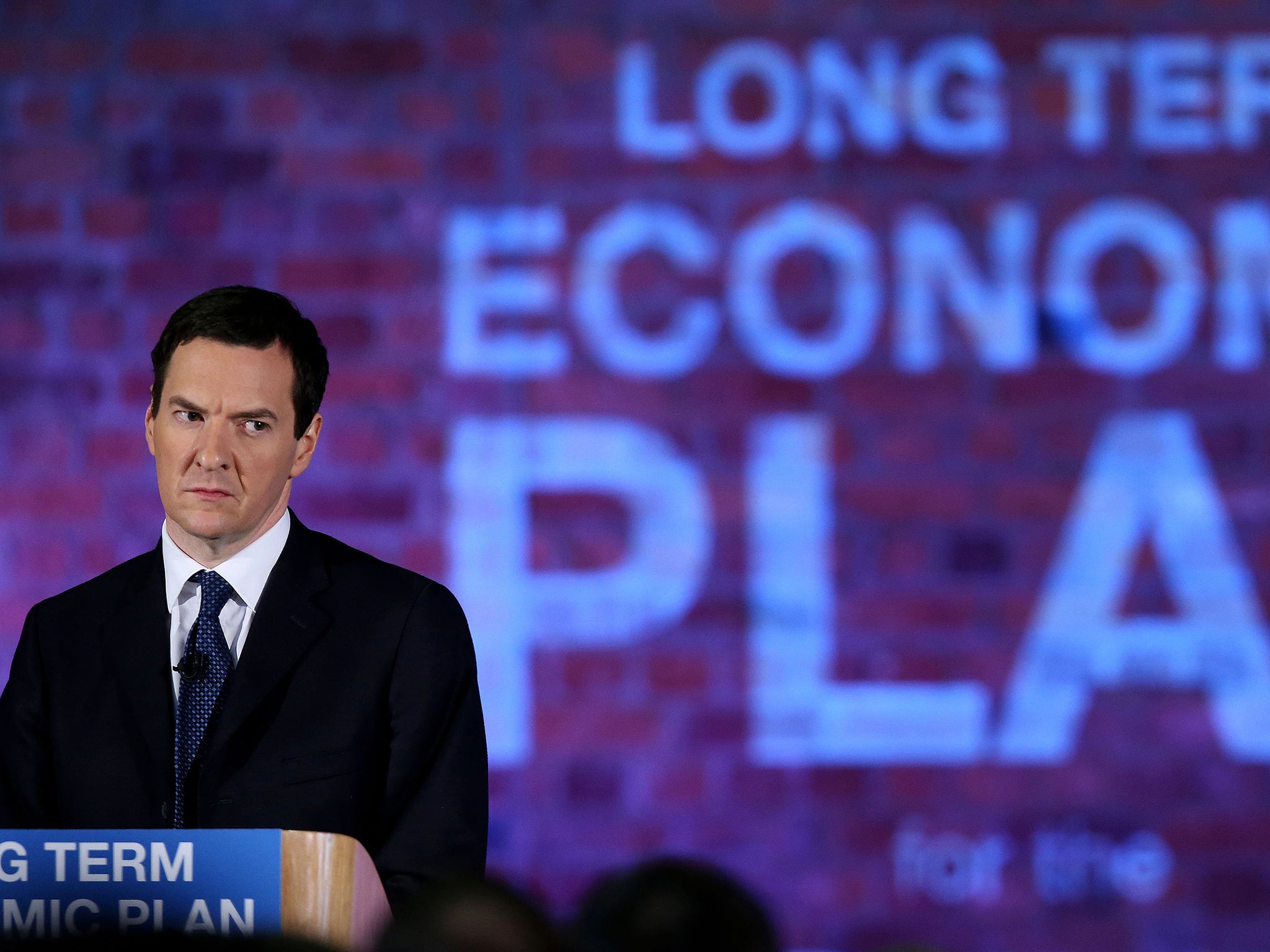Councils warn they face £1bn annual bill for implementing George Osborne's new living wage
Analysis revealed that the policy will cost councils a minimum of £340m a year from next year, rising to more than £1bn by 2020

Councils have warned they face a £1bn annual bill after George Osborne announced an increased minimum wage.
The Local Government Association said the cost of implementing the Chancellor’s national living wage, announced in the Budget, should be taken into account when council funding levels are set. People over 25 will be paid a minimum of £7.20 an hour from April next year, rising to £9 by 2020.
The association’s analysis revealed that the policy will cost councils a minimum of £340m a year from next year, rising to more than £1bn by the end of the decade.
Some 95 per cent of the local government workforce already earns more than £7.20 an hour, but 92,820 earn less including street cleaners, school crossing patrols and school dinner staff, mostly part-timers.
The association’s chairman, Gary Porter, said: “Councils support proposals to introduce a national living wage to help ensure staff receive a fair day’s pay for a fair day’s work.
“However, our analysis shows the cost to councils of implementing the change will keep growing and reach £1bn by the end of the decade.”
Join our commenting forum
Join thought-provoking conversations, follow other Independent readers and see their replies
Comments
Bookmark popover
Removed from bookmarks